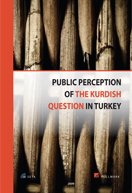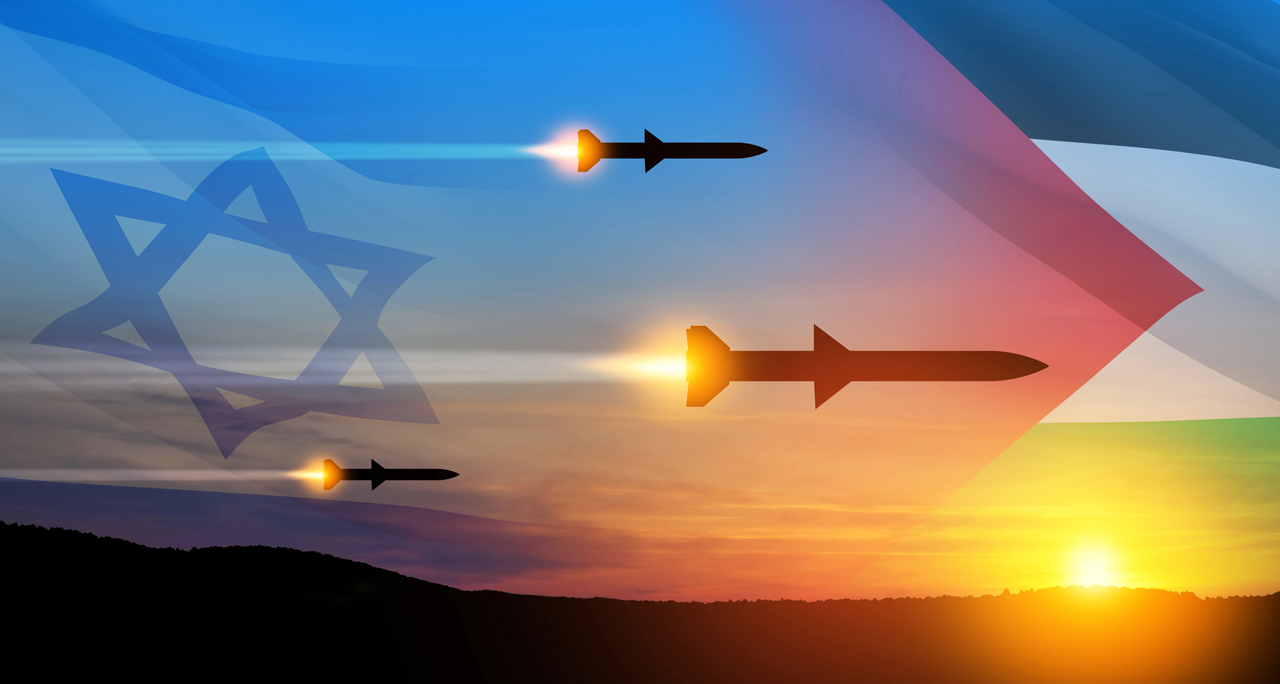SETA D.C. PANEL Moderator: Kadir Üstün Doctoral Candidate at Columbia University Speakers: Taha Özhan Director-General of the SETA Foundation Ömer Taşpınar Brookings Institution Date: December 9, 2009 Venue: SETA D.C. 1025 Connecticut Avenue, NW, Suite #1106 Washington, D.C.
On Wednesday, December 9, 2009 SETA D.C. held a discussion on SETA's recent research report: "Public Perception of the Kurdish Question in Turkey" and the Kurdish Opening.
Taha Ozhan, Director-General of the SETA Foundation began by the basic open-ended question in the SETA report: What is the most important political issue of Turkey? The Kurdish Question. The SETA report is the most comprehensive academic research on this issue, Ozhan said. This is not only a Turkish problem, but a geopolitical problem, touching Iraq, Iran, Syria and Turkey- and even Armenia and Russia. The second open-ended question in the report is: what is the bond between Turks and Kurds? The first answer, was religion, twenty-seven percent, Ozhan said. The second answer was a “shared history and geography, shared sense of brotherhood and national culture and values… Together eight-five percent agree that religion and shared history and geography are the bond that keeps Turks and Kurds together.” Taha Ozhan interpreted some un open-ended questions found in the report. Among the polling results, “socio-economic reasons was indicated as the biggest source of strain in the Kurdish questions. And close to sixteen percent said that no problem exists, but it doesn’t mean they see this huge cost- they don’t want to label this issue, because this makes it political.”
There are three clear results of this research and public opinion. First, Ozhan said, the most striking contrast between the new and old period, is that the Kurdish question is increasingly seen as a political problem by the public, whereas in the past transformational period, the public saw it as a security issue; and even less so, a social issue. The other is that “there is a huge political divergence between Turks and Kurds, and thirdly there is a convergence between Turks and Kurds, and it is a unique case among other civilization problems.” He went, and a point Ustun had eluded to in his introduction, to discuss the importance of shifting away from the old rhetoric and language that has been applied to questions over the Kurdish issue in the past. Without a new language and framework, Ozhan said, the future of a meaningful debate will prove evermore challenging. Ozhan discussed the start of this first period of transformation over a year and a half ago, on the part of the AK Party. Ozhan further explained contents over the reactions of those polled on questions of the contemporary democratization initiative vis-a-vis each party (AK Party, CHP, MHP and the DTP), and finally, he put into perspective the relative progress that has been made on the Kurdish issue, implying that such changes will take time and patience, and the current period is also still the beginning of such a transformation.
Omer Taspinar, Director of the Turkey Project at Brookings Institute, provided his analysis of the current Kurdish Opening. He also commented on SETA’s recent report, drawing on points of Ozhan’s presentation. Taspinar posed the question: where will the demands end? The challenge lies, he said, “in finding a common ground, and de-emphasizing the ethnic dimension”. Taspinar discussed his intrigue of the logic and timing of the Kurdish Opening, led by AK Party. In the past, he said, the party continued its popularity by providing goods and services, the main purpose for the Kurdish vote for AK Party in 2007. Taspinar suggested that one, “AK Party could no longer afford to put this imitative off.” Secondly, “it would pre-e








